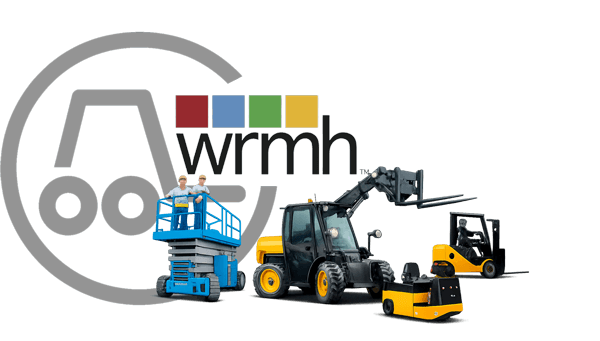Common Forklift Rental Mistakes and How to Avoid Them
Understanding Your Needs
One of the most common mistakes when renting a forklift is failing to fully understand the specific needs of your project. Different tasks require different types of forklifts, and selecting the wrong one can lead to inefficiency and increased costs. Consider factors such as the weight of materials, the height you need to reach, and the environment in which you'll be operating.

Before making a rental decision, take time to assess these needs carefully. Consult with your team and review the project requirements. If you're uncertain, don't hesitate to seek advice from rental professionals who can guide you to the right choice.
Ignoring Rental Agreements
Another frequent oversight is not thoroughly reviewing the rental agreement. It's crucial to understand what is included in your rental package and what isn't. Pay attention to details such as rental duration, maintenance responsibilities, and return conditions.
Before signing any contract, make sure to clarify any ambiguous terms. This step can prevent unexpected charges or penalties that may arise due to misunderstandings about the agreement.
Overlooking Operational Training
Even if you have experience operating forklifts, each model can have unique features and controls. Failing to provide proper training for everyone who will be using the equipment is a significant mistake that can lead to accidents and damage.

Ensure that all operators are adequately trained on the specific model rented. Many rental companies offer training sessions or resources. Investing in this training not only ensures safety but also enhances productivity on-site.
Underestimating Insurance Needs
Insurance is often an afterthought, yet it's an essential aspect of renting equipment. Without adequate insurance coverage, you could be liable for damage or injury costs. Many rental companies offer insurance options, but it's your responsibility to understand what's covered.
Review your existing insurance policies to see if they cover rented equipment or if additional coverage is necessary. Discuss these options with your rental provider to ensure you're fully protected.
Poor Planning for Pickup and Return
Logistics surrounding the pickup and return of the forklift are often underestimated. Failure to plan these details can lead to delays and additional costs. Consider the distance from the rental location to your site and account for any potential obstacles during transportation.

Coordinate with your team to ensure that the equipment arrives on time and is returned promptly. This planning helps avoid late return fees and ensures your project stays on schedule.
Neglecting Maintenance Checks
Finally, neglecting regular maintenance checks is a mistake that can lead to equipment failure and project delays. Even though you're renting, it's vital to perform routine inspections.
Check for signs of wear and tear, fluid levels, and proper functioning of all controls. Report any issues immediately to the rental company to avoid being held responsible for pre-existing damage.
By being aware of these common mistakes and taking proactive steps to avoid them, you can ensure a smooth and efficient forklift rental experience that supports the success of your project.
